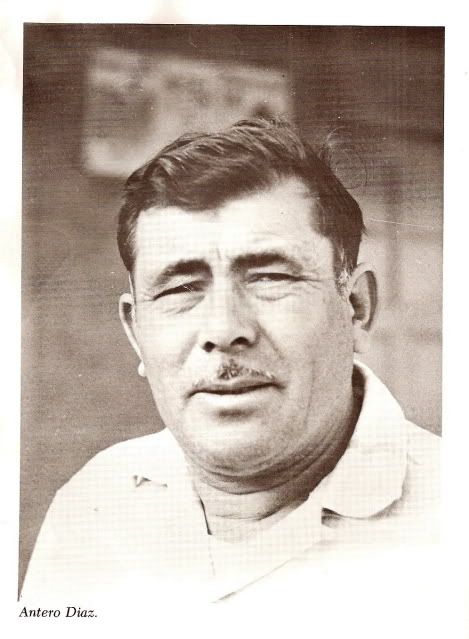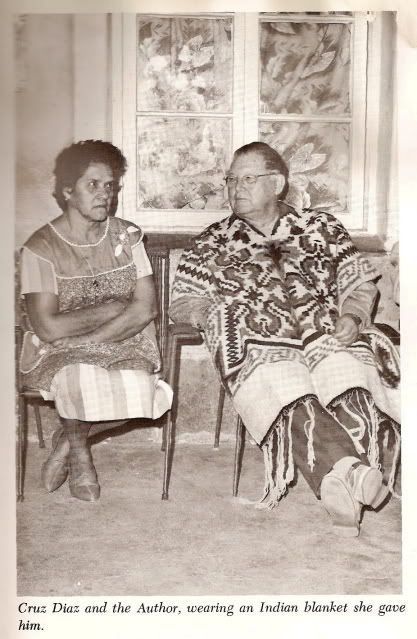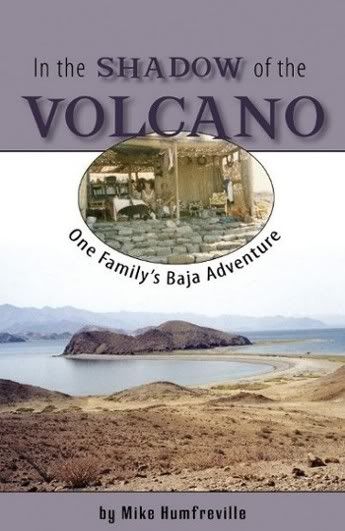
| Quote: |



 In the later years she would actually say "hello" after
she recognized me, but getting a smile out of her was always REALLY hard!!! but doable.
In the later years she would actually say "hello" after
she recognized me, but getting a smile out of her was always REALLY hard!!! but doable.  When I worked at JimsAir at Lindberg Field, I used to see her coming and going on private flights down to BOLA.
When I worked at JimsAir at Lindberg Field, I used to see her coming and going on private flights down to BOLA.



